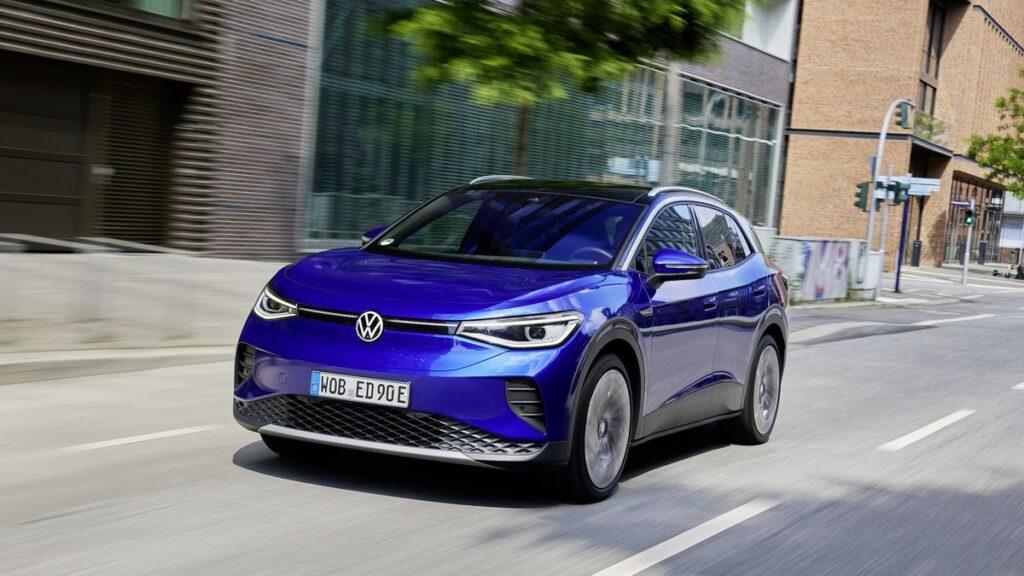- Popular Volkswagen and Rivian models no longer qualify
- Nissan Leaf delists
- Tesla, Kia, Hyundai and Chevrolet among those with the most options
If we go back a couple of years, any electric vehicle made in the US was eligible for a federal tax credit of up to $7,500, but targets have since changed when the Biden administration introduced rules that restricted any electric vehicles with battery components. coming from any “foreign entity of interest” (FEOC), which includes China.
Even as many automakers aim to switch suppliers and remove future vehicle components from blacklisted locations, the number of electric vehicles eligible for the federal tax credit has been declining…and the election by 2025 It is more restricted than ever.
The popular (and relatively affordable) Nissan Leaf has disappeared from the list, while Volkswagen’s ID.4 model, arguably the best of all the ID models on sale, is also nowhere to be found.
Rivian has also seen that all variants of the R1S and R1T do not meet the eligibility requirements, while the delightfully affordable but out of production Chevrolet Bolt also does not qualify. Unfortunately, it would be difficult to find inventory for this out-of-stock model anyway.
Unless you’re looking for a Tesla, including the Model 3, Model
Chevrolet fans can now opt for a Blazer EV, Equinox EV, or Silverado EV, as long as the retail price does not exceed $80,000. As far as the Silverado is concerned, that doesn’t leave many options.
The Ford F-150 Lighting is the only Blue Oval model now eligible for tax credits, while the Honda Prologue and Genesis GV70 Electrified offer a pair of Japanese alternatives.
The Hyundai Motor Group, which includes Kia and Hyundai, appears to have its problems lined up, as four models are eligible for tax credits between the two brands, including the Kia EV6 and EV9, as well as the Ioniq 5 and the recently launched Ioniq 9 .Seven-seat SUV.
Analysis: Electric vehicles face turbulent times in the US
President-elect Donald Trump has not yet stipulated exactly what will happen to tax credits for electric vehicles, nor has he given an indication of his position on the technology. This means the list of eligible vehicles is likely to change in the coming months… or could disappear entirely.
However, there has been a loophole that means the full $7,500 tax credit can be applied to any electric vehicle, regardless of the origin of its components, if the customer decides to lease the vehicle, rather than purchase it outright.
That’s because a lease is considered a commercial sale to the leasing company and is eligible for a separate commercial vehicle tax credit, according to Consumer Reports.
Still, the uncertainty surrounding the future of electric vehicles in the United States is having a negative effect on sales, as adoption of the new technology lags far behind that of Europe and Asia.
Even Tesla, which has long been the best-selling electric vehicle brand in the US, recently released its fourth-quarter sales and delivery results, which revealed the company’s first year-over-year drop in delivery numbers, marking which caused its share price to fall up to 7%.




